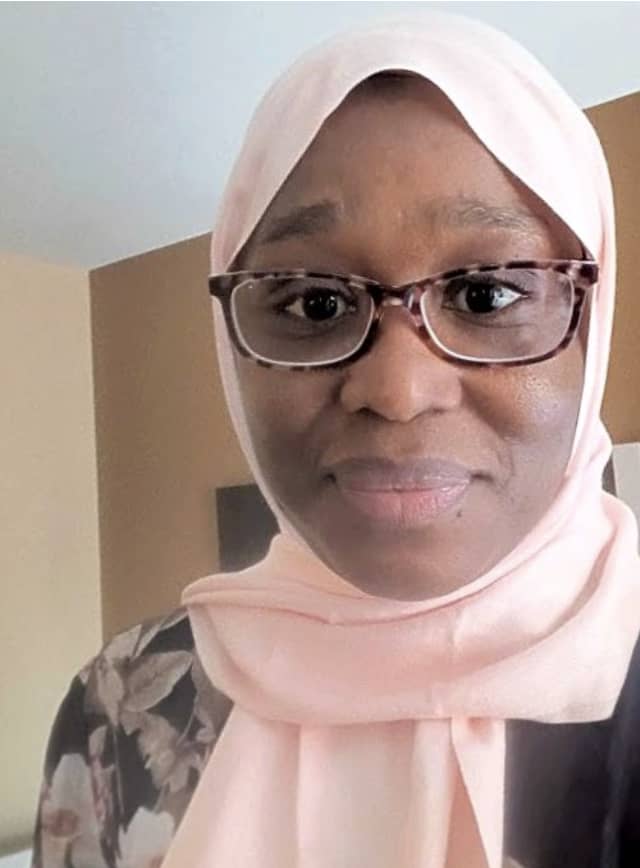You ask: When is it time to step back?
But I ask: Who determines when one’s WISDOM becomes OBSOLETE?
Who decides when SERVICE EXPIRES?
Dear Dr. Janneh,
With deep respect and a sense of shared national commitment, I write this open letter from my sickbed in response to your recent piece addressed to “Uncle Halifa Sallah,” a man whose influence and integrity you rightly acknowledge, but whose relevance you seem to question. Let me be clear: I don’t wish to make this a personal or family affair. Rather, I write as a concerned citizen who believes in truth, legacy, and fairness. Your letter, while laced with admiration, ultimately reads as a polite dismissal of one of the most consistent and selfless figures in our nation’s political history.
You wrote, _“I urge you to preserve the legacies you have earned, not by extending your time in the spotlight but by allowing others to rise in it.”_
But Dr. Janneh, what is the spotlight you speak of? Halifa Sallah has never sought the limelight. If anything, it is his ideological clarity, self-sacrifice, and moral consistency that draw people toward him not personal ambition or the quest for power. His presence in public life is not a pursuit of fame, but a continuation of a deeply rooted commitment to national service, truth-telling, and principled leadership.
You ask: when is it time to step back? But I ask: who determines when one’s wisdom becomes obsolete? Who decides when service expires? Not every elder statesman clings to power; some continue to contribute by guiding, mentoring, and shaping ideas. That’s precisely what Sallah has done, both in and outside of The Gambia.
We must not confuse presence with obstruction. You cited examples such as Robert Mugabe or even Nelson Mandela stepping down but unlike them, Halifa Sallah has never occupied the presidency. He has never governed by decree or enriched himself through power. In fact, he declined ministerial offers, donated his salary for constituency development, and refused government perks many others rushed to accept. Is this not the very definition of ethical leadership? You also referenced Julius Nyerere. But again, I ask: must one hold the highest political office to be deemed ready to step aside? Halifa Sallah’s leadership has always been intellectual and moral not positional. Comparing him to aging heads of state is a mischaracterization of both his role and his ethos.
Let’s not forget the history. In 1994, when others compromised or remained silent, Sallah stood tall against military rule, rejecting posts and opposing unjust decrees. His contributions during The Gambia’s most turbulent times were acts of courage and vision, not of political ambition.
You wrote that our continent needs a new generation of leaders. I agree. But generational transition should be collaborative, not combative. The wisdom of elders must guide the energy of youth. Our liberation struggle must not devolve into an age war. The problem is not age but the erosion of integrity. And in Halifa Sallah, integrity remains intact.
Why then, I wonder, is he seen as a threat among some young scholars? Is it because his intellectual depth, discipline, and humility remain unmatched? Is it because he still commands respect that transcends titles and trends? If so, this should inspire us not provoke resentment.
Our politics should not be a game of elimination. Rather, it should be an inclusive space where voices like Halifa’s continue to guide, not dominate; to mentor, not compete. His role in Pan-Africanism, in democratic transition, and in shaping political consciousness, particularly among the youth, remains invaluable.
So, Dr. Janneh, I challenge you and others who share your view, what concrete alternatives are you offering? What philosophies? What policies? It’s not enough to say “step aside” if you cannot articulate what you’re stepping into. And more importantly, how does your proposed path differ fundamentally from the one Halifa Sallah has tirelessly walked? Halifa Sallah is not an obstacle. He is an example. His consistency, humility, and commitment should be the gold standard not the exception we seek to discard. Let us honor our elders, not by sidelining them, but by learning from them.
With respect and hope for an honest national discourse,
Fatou Janneh


















